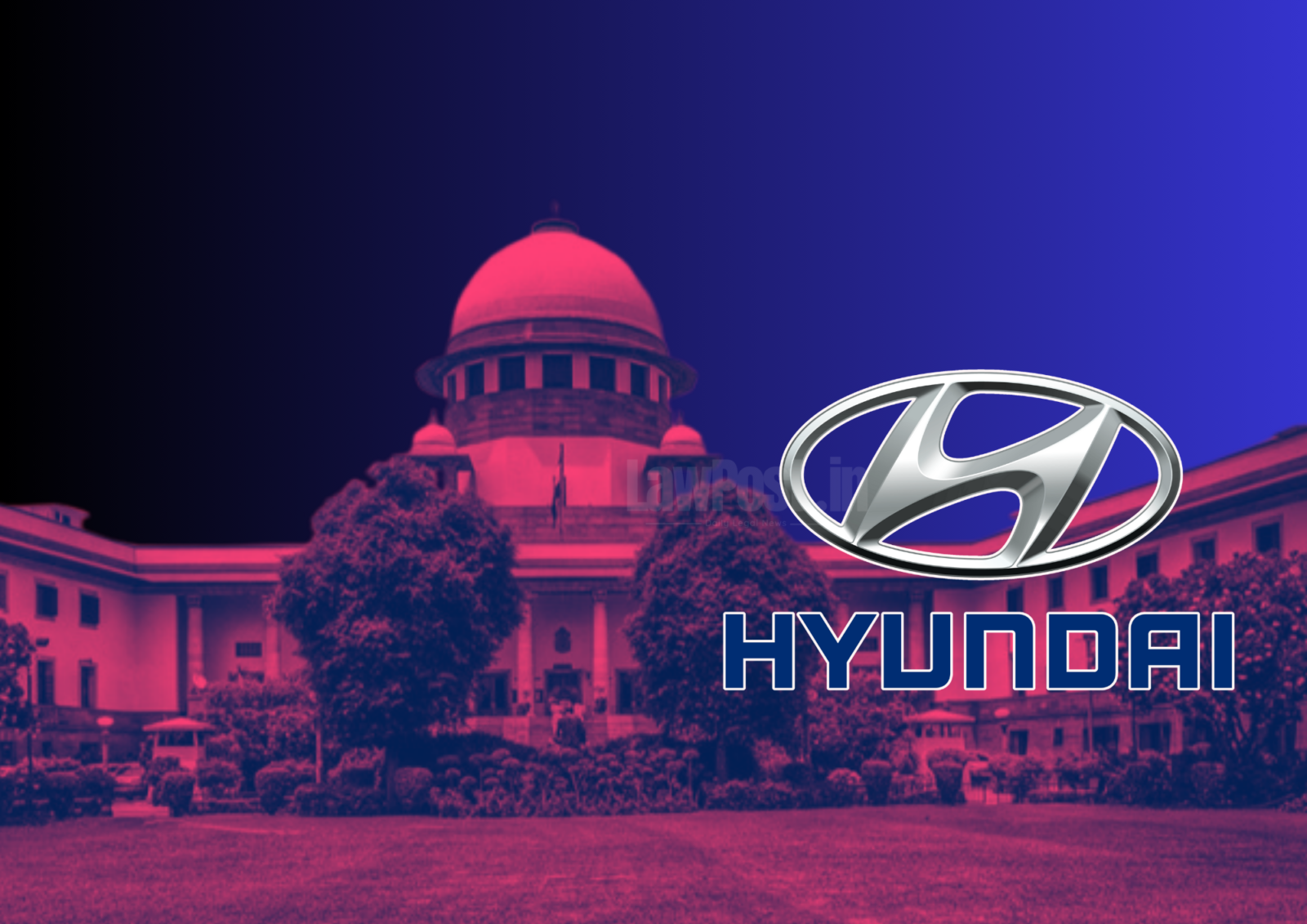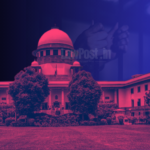In a recent judgment, the Supreme Court of India has imposed a penalty of ₹5 lakh on Hyundai AutoEver India Pvt. Ltd., a subsidiary of the Hyundai Motor Group, for abusing the legal process in a dispute with its former employee. The Court ruled that the company had misused the arbitration process to threaten the employee, who had already approached statutory authorities under the Payment of Wages Act (PW Act) and the Industrial Disputes Act (ID Act).
The dispute arose after the employee was terminated by Hyundai AutoEver on January 21, 2021, on grounds of absenteeism and non-cooperation. However, no allegations of breach of confidentiality were made against the employee. Following the termination, the employee filed claims under the PW Act for unpaid wages and the ID Act regarding the termination.
Despite the ongoing legal proceedings, Hyundai AutoEver sought to initiate arbitration by appointing an arbitrator unilaterally. The arbitrator ceased proceedings, citing a lack of jurisdiction, prompting Hyundai to approach the Madras High Court under Section 11(6) of the Arbitration and Conciliation Act, 1996 for the appointment of a new arbitrator. The High Court, finding the existence of an arbitration clause, passed an order in Hyundai’s favor.
However, the employee challenged the High Court’s decision in the Supreme Court. The apex court ruled that the dispute was non-arbitrable, as matters under the PW Act and ID Act fall within the exclusive jurisdiction of statutory authorities, as per Section 22 of the PW Act.
In its judgment, the Supreme Court emphasized that “the jurisdiction of the Authority under the PW Act and the Industrial Tribunal under the ID Act is to the exclusion of civil courts and is not arbitrable,” referring to the principles outlined in the landmark case Vidya Drolia v. Durga Trading Corporation. The Court further criticized Hyundai’s invocation of Clause 19 for compensation, which it deemed an “afterthought” with no valid basis.
“The appellant will also be entitled to cost quantified at ₹5 lakhs payable within a period of 3 months from today,” the Court ordered, while dismissing Hyundai’s claim and setting aside the Madras High Court’s order.
Case: Dushyant Janabandhu vs Hyundai AutoEver Pvt Ltd – Available on LAWFYI.IO








